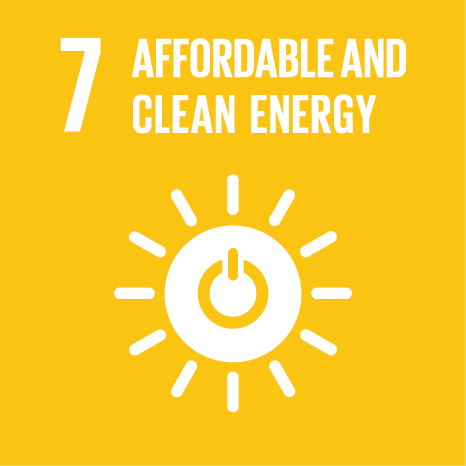Ciência_Iscte
Publications
Publication Detailed Description
Journal Title
Energy
Year (definitive publication)
2014
Language
English
Country
United Kingdom
More Information
Web of Science®
Scopus
Google Scholar
Abstract
The concept of SG (Smart Grids) encompasses a set of technologies that raise the intelligence of the electrical networks, such as smart meters or instruments of communication, sensing and auto-correction of networks. Nevertheless, the cost is still an important obstacle for the transformation of the current electricity system into a smarter one. Regulation can have an important role in setting up a favorable framework that fosters investments. However, the novelty with SG is the disembodied character of the technology, which may change the incentives of the regulated network companies to invest, affecting the effectiveness of the regulatory instruments ("cost plus" or "price cap"). This paper demonstrates that the solution to this "Smart" paradox requires strong incentive regulation mechanisms able to stimulate the adoption of SG technologies. Moreover, the regulation should not jeopardize conventional investments that are unable to be substituted by SG. Thus, a combination of performance regulation and efficiency obligations may be necessary.
Acknowledgements
--
Keywords
Technological change; Economics of regulation; Price-cap; Cost-plus; Smart grids
Fields of Science and Technology Classification
- Mechanical Engineering - Engineering and Technology
- Environmental Engineering - Engineering and Technology
Contributions to the Sustainable Development Goals of the United Nations
With the objective to increase the research activity directed towards the achievement of the United Nations 2030 Sustainable Development Goals, the possibility of associating scientific publications with the Sustainable Development Goals is now available in Ciência_Iscte. These are the Sustainable Development Goals identified by the author(s) for this publication. For more detailed information on the Sustainable Development Goals, click here.

 Português
Português




